https://billetto.se/e/clandestino-festival-opening-day-6th-june-biljetter-342537/
Category Archives: Uncategorized
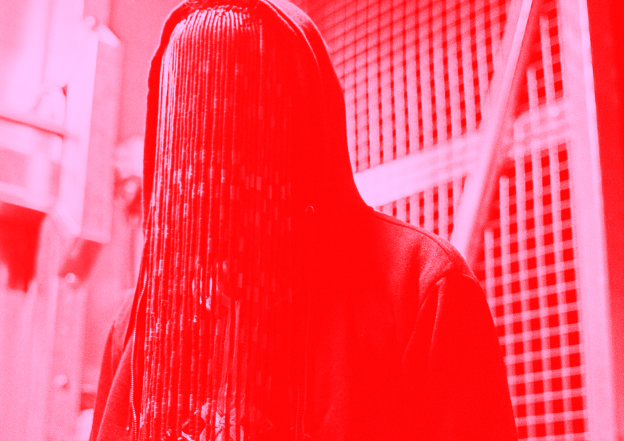
Nuri
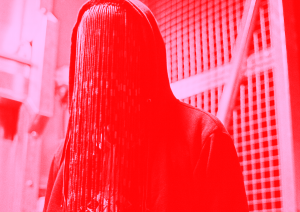
A producer and percussionist from Tunisia now living in Copenhagen, Nuri is one of the most promising upcoming musicians within African futurism, mixing deep bass and organic percussion with polyrhythmic grooves, sharing bills with names like Clap Clap and Dengue Dengue Dengue.
He recently released his debut album on Shouka, a label focusing on traditional music and contemporary electronics from North Africa and beyond. ‘’Drup’’ is a tribute to his African heritage. A bridge to other traditions, it comes replete with percussion and vocals from all over the mother continent and Asia. Combining it all with digital processing, Nuri amalgamates then with now.
On stage, Nuri is a masked witch doctor conducting a deep ritual––a journey into the lost roots of his homeland. Heritage, tribalism, organic sounds, melodies, and loads of emotion.
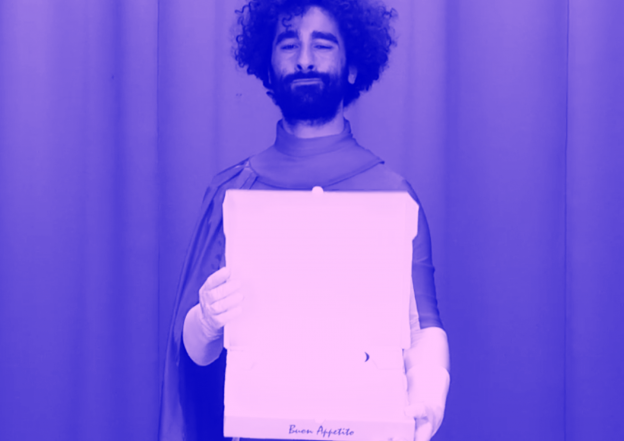
Çaykh
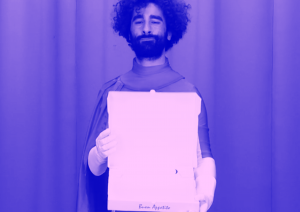
Çaykh is the DJ moniker of berlin-based and hamburg-born Nicolas Sheikholeslami who is also a member of the live & recording projects “Circuit Diagram“ and “Spiritczualic Enhancement Center“.
Eclectic are his musical interests and so are his DJ-sets & radio shows. Researches that than turned mixes covered regions like Turkey, Ethiopia, Indonesia, South Africa, Sudan and Somalia. The latter research resulted in a teaming up with New York’s “Ostinato Records“ to co-produce the compilation Sweet As Broken Dates – Lost Somali Tapes From The Horn Of Africa, which recieved a nomination for best historical album at “Grammy Awards“ 2018.
Besides mixes and sets based on the region of it’s origin Çaykh also likes to play sets of music that tend to rather concentrate on a certain red thread or attribute that he senses in the selected music, regardless of it being spiritual Jazz, modular synth freak outs, or so-called traditional music from any region of the world.
For later this year his first 3-track solo vinyl release is scheduled on Manchester’s “Natural Sciences“ label.
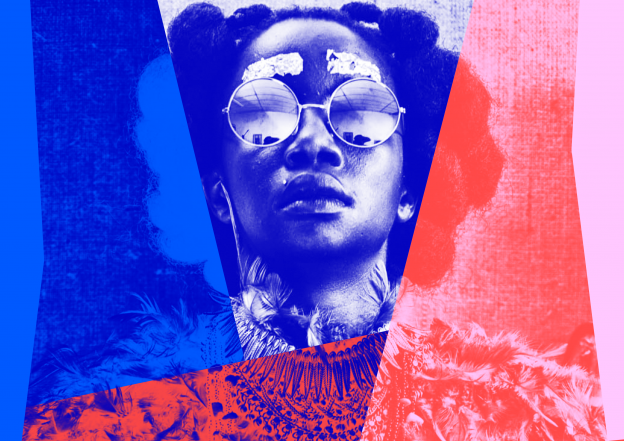
Digital Program 6-9 June 2019
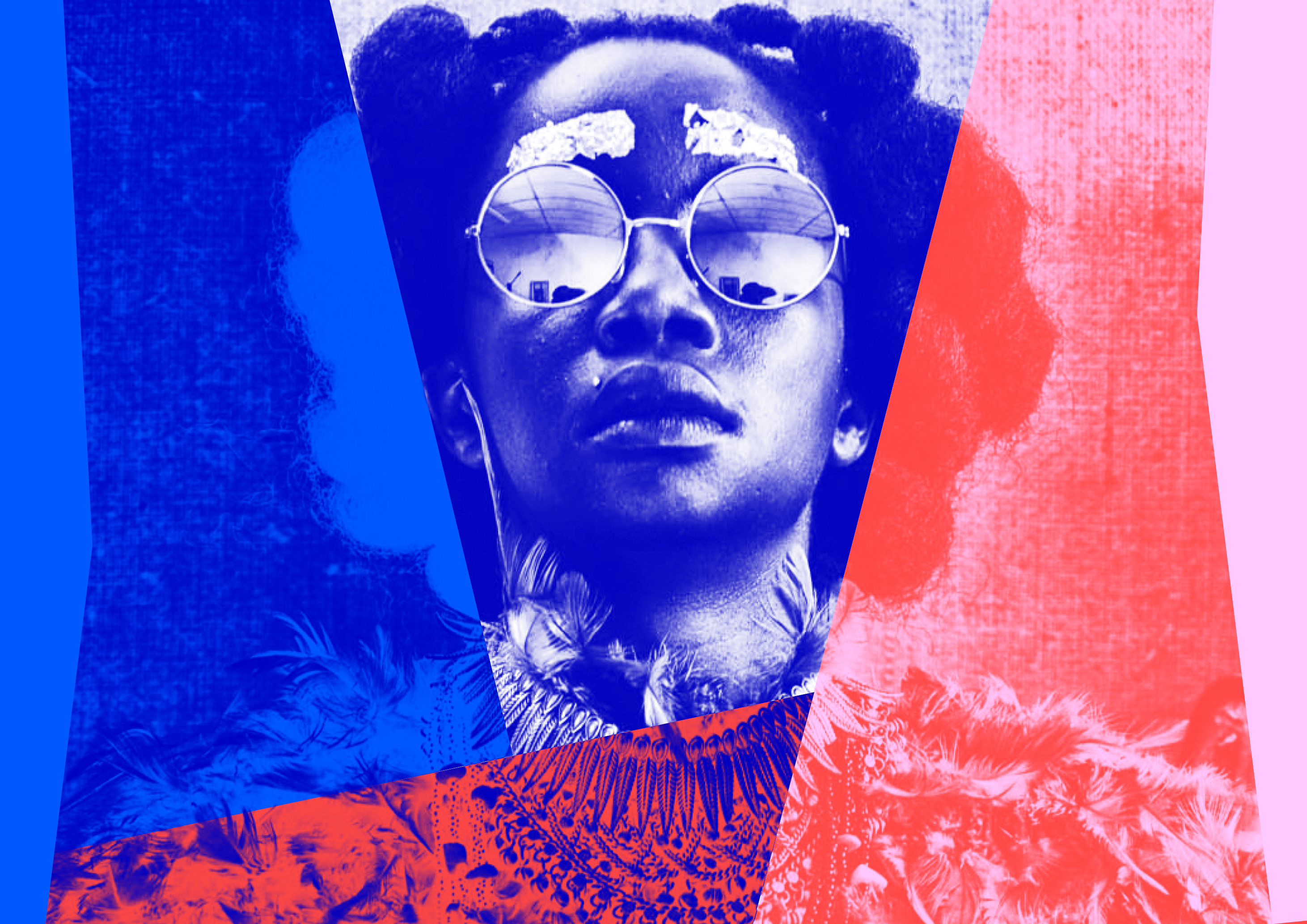

Wildbirds & Peacedrums

When singer Mariam Wallentin visited Fasching last year, it was as Mariam The Believer. Bewildered, SvD’s Dan Backman gushed about her “colorful and crooked and absolutely lovely” performance.
The same can be said about Mariam Wallentin’s and Andreas Werliin’s duo Wildbirds & Peacedrums. The guiding star here is crooked and transcendent, too—together they blend pop and blues seamlessly with powerful drumming and fervent, ritualistic vocals.
After a few self-published CDs in the mid-noughties, which gained acclaim from both critics and audiences, the duo went on to record The Snake at Svenska Grammofonstudion. After sessions in Iceland collaborating with cellist Hildur Gu∂nadóttir, Ben Frost, and Valgeir Sidur∂sson led to an EP, they then stripped back on the album Rhythm—sounding direct, naked and raw.
Despite these impressive recordings, one should really experience Wildbirds & Peacedrums live. Their stage presence is formidable, confident. They’ve had plenty of time to sculpt their live expression, having toured with, among others, Lykke Li, Arcade Fire, Joanna Newsom and St Vincent. They have even performed a tribute to Björk during the Polar Prize ceremony in Stockholm, and were invited by Nils Frahm to perform at The Barbican.
In other words, this duo is not lazing about. Both Wallentin and Werliin are also involved in Fire! Orchestra, and Werliin plays drums for another Fasching favorite: The Abuse. But Wildbirds & Peacedrums is what they hold most dear—no one else really sounds like them, so don’t miss out!
Support: Nuri
Tickets 31 maj. With a festival pass there’s a 50% discount (use code clandestino).
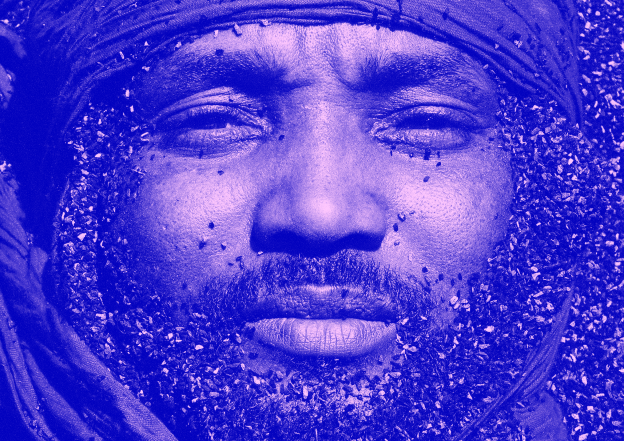
Kel Assouf
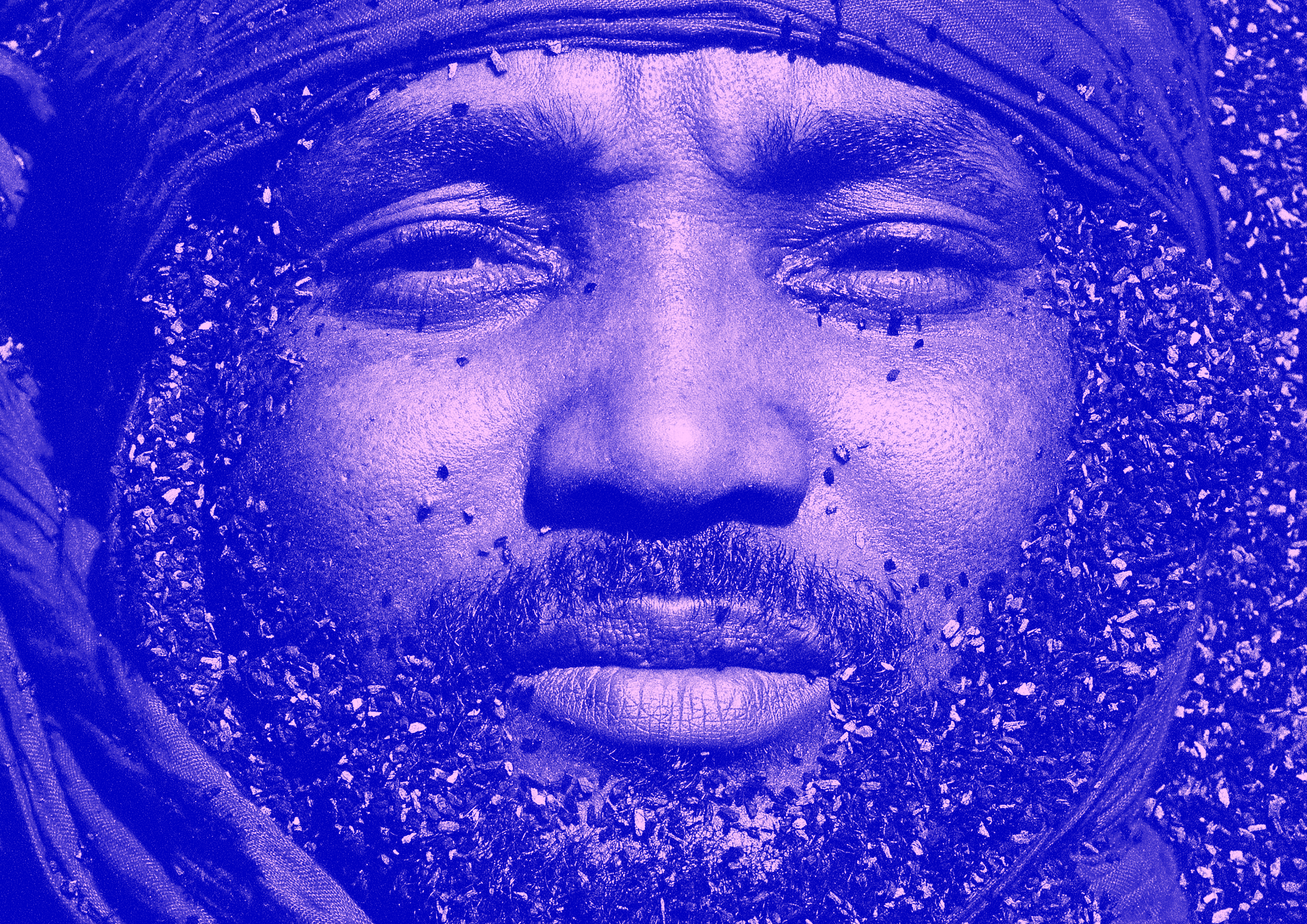
The man with the headscarf and distorted Flying V guitar is Anana Harouna. He is a Tuareg from Niger, previously known as a member of arguably the most famous desert blues band around, Tinariwen. He formed Kel Assouf—meaning both “nostalgia” and “son of eternity” in the Tamashek language—in his current home base, Brussels. With one foot in the Sahara and the other in Europe, this band has embarked on a journey through different styles and expressions. Haruna’s own life story serves as a lyrical starting point, depicting injustice in post-colonial North Africa. The band’s keyboard player/producer is none other than Sofyann Ben Youssef, the mastermind behind projects such as AMMAR 808 (Clandestino Festival 2018). On their latest album Black Tenere, Kel Assouf has scaled down to a tight power trio, setting the music of the nomads on fire with hypnotic riffs, hard rocking drums, and droning synths.
Support: DJ Livsfarligt
Tickets 25 maj. With a festival pass there’s a 50% discount (use code ekwiri).

Curl

A series of club nights in southeast London, cassette tapes, and records published with experimental and electronic rhythms from the underworld—Curl has established itself as one of the most exciting music collectives on British territory. Through writing, DJing, and publishing music, Curl invites adventurous creators to participate in tearing down the boundaries between club, concert, organizer, and artist. Three artists form the core of the collective: Coby Sey is a producer crafting atmospheric compositions from samples and acoustic instruments, and also hosts his own radio show, DJing experimental and electronic music; Mica Levi is known from experimental rock band Micachu & The Shapes and from soundtracks to films like Jackie; And lastly, one of Mica’s long-term partners, the experimental and eclectic rapper Brother May.
Tickets 14 June. The concert is included in the festival pass (save your wristband).

Skator

You might have noticed Lina Högström’s name appearing here and there: she sings several songs on the album Däggdjur with the artist Säkert!, performed with bands like Boys, Holy, and Chicagojazzen, collaborated with Mattias Alkberg and Norrlandsoperan, and played the violin in the folk band Djuriskt. But before all that she was a drummer, growing up in the punk and hardcore scene of Umeå. Traces of that uncompromising attitude can be found in the music she makes under the name Skator, even though it offers a very different soundscape: creating playfully free song structures, she bends notes into simple riffs on her acoustic guitar. Her singing could meanwhile be described as being rooted in jazz with a portion of folk music vibes. Her lyrics echo feelings of homesickness and exclusion, with a kind of tough love for her home region of Västerbotten in northern Sweden.
Support: DJ Jens Lekman
Tickets 11 May. With a festival pass there’s a 50% discount (use code ekwiri).
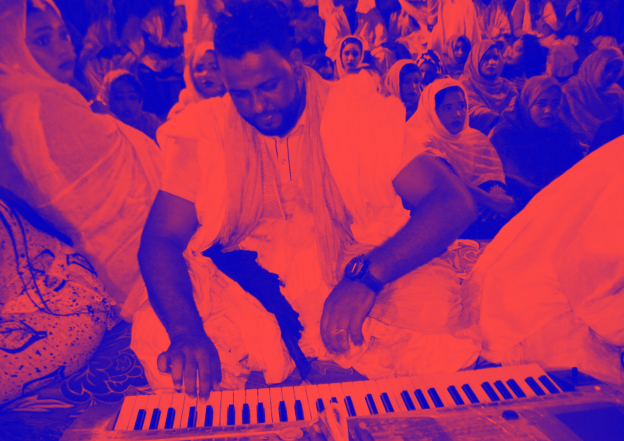
Ahmedou Ahmed Lowla
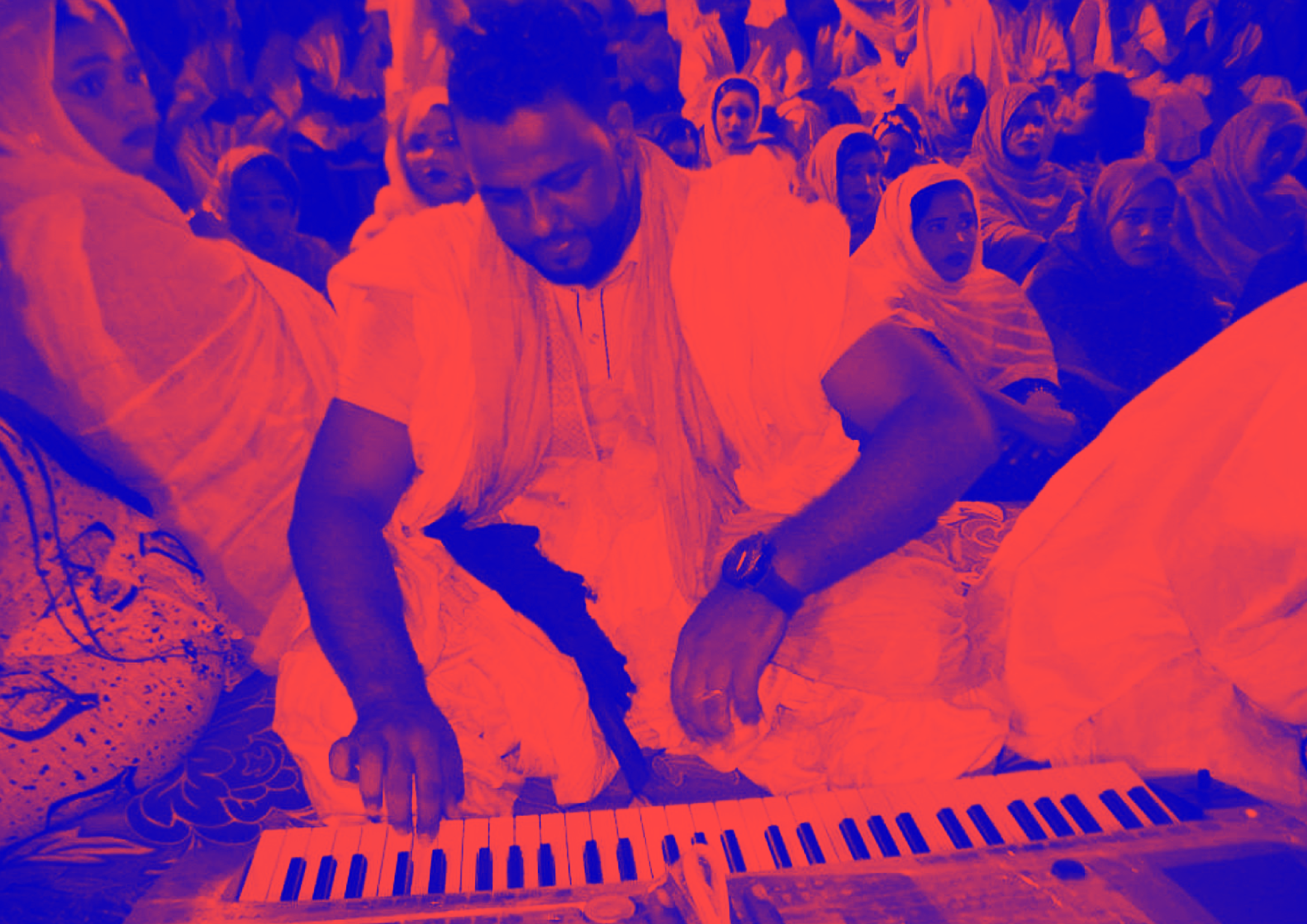
Running parallel with the now world-famous desert blues popularized by stars like Tinariwen, Tartit, and Ali Farka Touré, a more high-octane kind of party music has emerged from the southern regions of the Sahara Desert called WZN. It was initially played exclusively at wedding parties, but today it can be found distributed through a lively trade in cassettes and CDRs. Ahmedou Ahmed Lowla is one of Mauritania’s biggest stars in WZN. His dynamic improvisations are based on traditions from the region, but he has created his own style, playing what feels like endless solos on microtonal synthesizers. Backed by rattling rhythms, Ahmedou Ahmed Lowla’s fingers fly over the keyboard—at least when he’s not hitting the keys with his face or elbows.
Support: DJ Jens Lekman
Tickets 11 May. With a festival pass there’s a 50% discount (use code ekwiri).
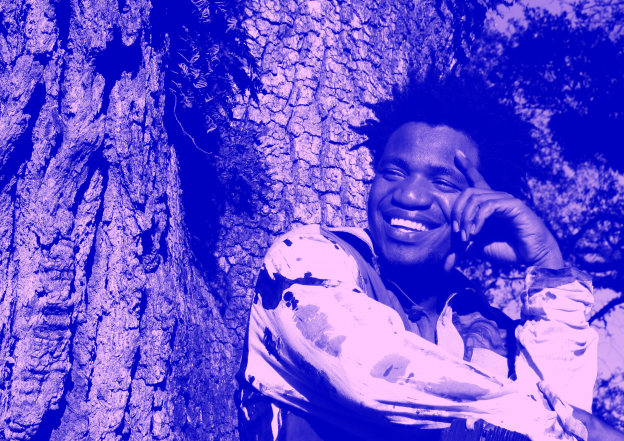
Msafiri Zawose
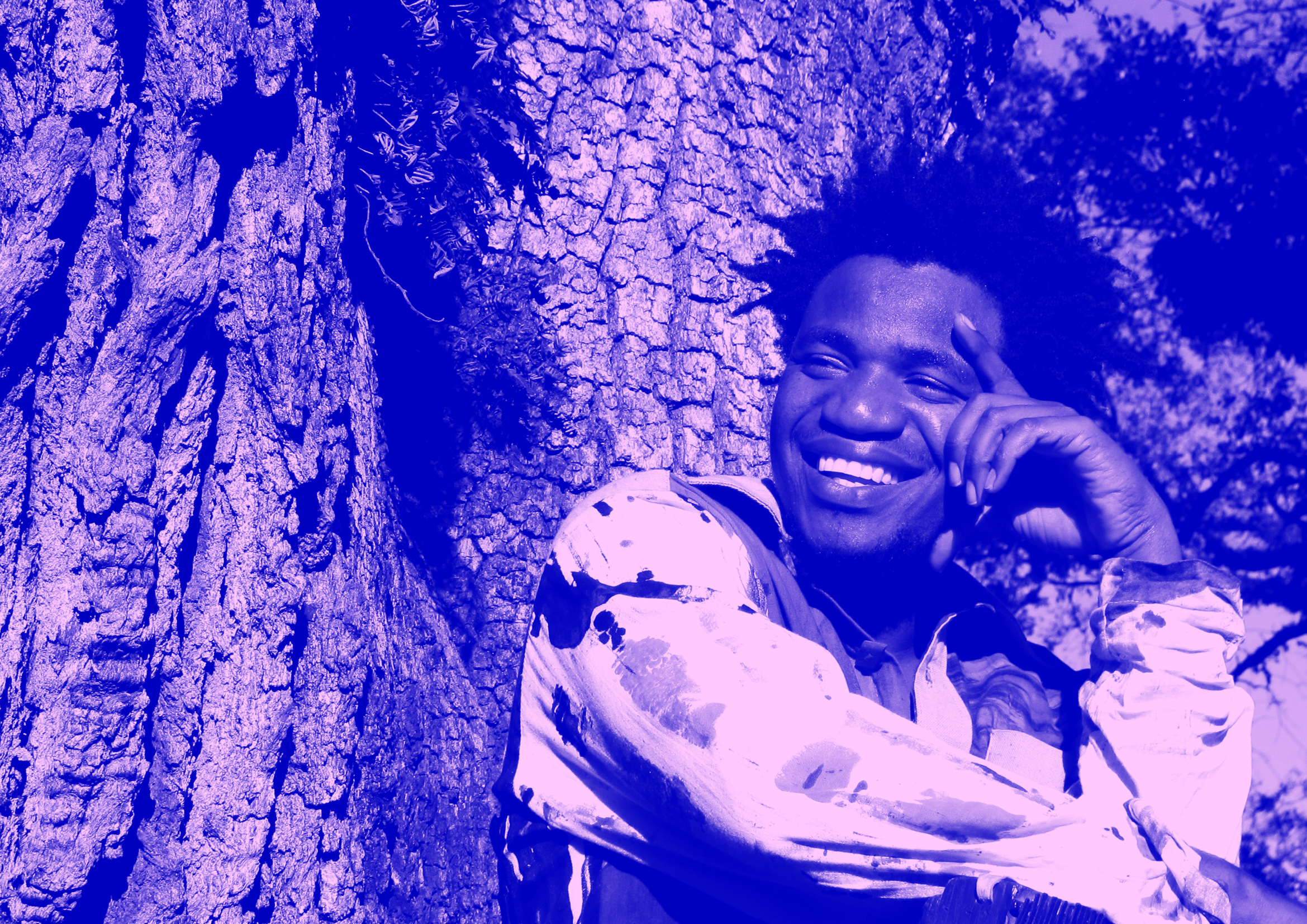
Today he is one of the most distinguished practicioners of Tanzania’s traditional gogo music, but his career as a professional musician began long ago—Msafiri Zawose began touring across large parts of the country already as a twelve year-old. His father Hukwe Zawose was a giant in Tanzanian music, collaborating with the likes of Peter Gabriel. It was he who taught Msafiri to play, but also to build the instruments crucial to gogo music. For example, the string instrument zeze and the thumb piano ilimba, which, along with polyphonic singing, are typical elements of the gogo sound. The music and dance are hugely important parts of everyday life in Msafiri’s hometown Bagamoyo, and he works passionately to keep them alive for future generations. Expressing his roots and emotions is what matters most to him, but he also allows his music to combine with modern styles, including an organic-electronic hybrid gogo album called Uhamiaji, released on British Soundway.
Support: ÇAYKH
Tickets 6 april. With a festival pass there’s a 50% discount (use code ekwiri).
